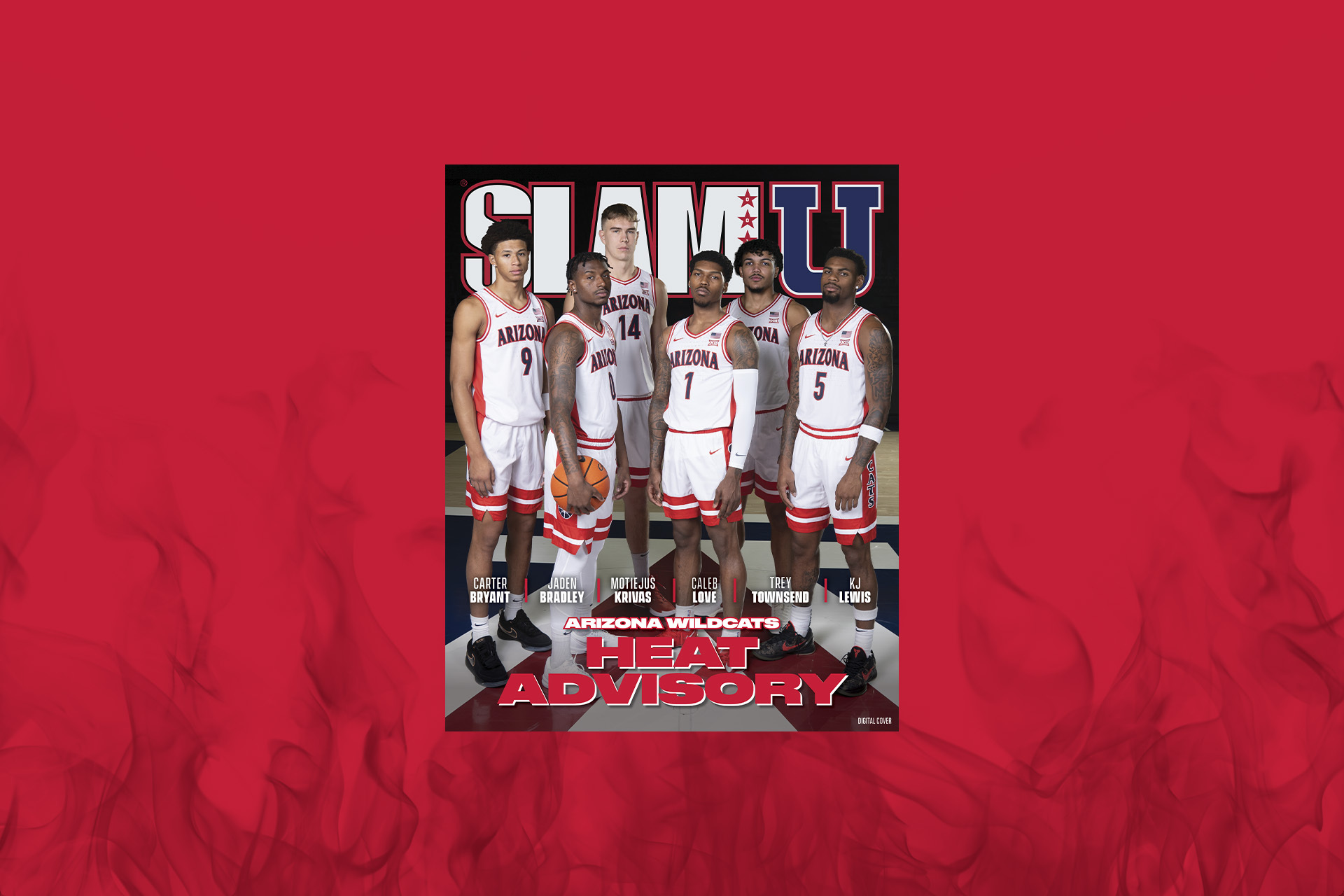BOSTON — Stephen Silas was born in Boston in 1973, shortly before Paul Silas won two championships with the Celtics in 1974 and 1976. That triggers memories each time he enters TD Garden, seeing those banners, but Tuesday’s embrace hit different.
Paul died on Dec. 10 at 79-years-old after a 48-year basketball career, only four of which came with the Celtics, where he played All-Defensive First Team level minutes at power forward next to John Havlicek, Dave Cowens and Jo Jo White under Tommy Heinsohn. Stephen acknowledged that short tenure compared to other Celtics legends, but Boston handed on Silas pins and played a video tribute they sent to the Silas family ahead of time.
“He considered himself a Celtic, for sure,” Silas said before Tuesday’s game. “He was only here for four years, but won two championships and growing up, that’s what he was. He was a Celtic. So, for them to do that means a ton to not just me, but my family, my friends, it’s really just a classy, classy thing to do.”
Paul built his legacy and inspired Stephen’s career as a head coach, mostly in Charlotte, but also becoming LeBron James’ first NBA head coach in 2003 with the Cavaliers. Stephen joined him in Charlotte, New Orleans and Cleveland, before forging his own path through Washington, Golden State and then returning to the Bobcats in 2010. Stephen became the league’s youngest assistant in 2000 and coached for 20 years before receiving his current head coaching with the Rockets 2020. Tuesday’s pre-game seemed therapeutic for him.
Silas told stories about his father’s temper on the floor, the way he challenged players and how he could pull some lessons, and not others from Paul’s old-school approach. The family knew his softer side, but still heard from many former players in the days after his death sharing their appreciation for Paul’s impact on them. James did so in a post-game interview. Monty Williams greeted Stephen with a hug after he returned from bereavement and Bob Ryan, who covered Paul in his early days with the Boston Globe, did the same on Tuesday.
“You can’t just grab a player anymore like my dad used to do,” Stephen said, laughing. “I wouldn’t say you can’t be as tough as my dad was, but there’s certain times he was so direct. He would’ve hurt a lot of player’s feelings of this era and that’s not good for your job security at this time, but he always did it in such a way that the players always knew that he cared about them at the same time, so to have that balance to be able to go at players, and really, really go at them.”
“He just had a way about him that he was tough and gritty and mean on the court, but then off the court, the exact opposite, like a teddy bear and quick to smile, quick to laugh, quick to joke, and there aren’t many people who have that ability to do those two things.”
Paul, like Bill Russell, moved from the south in Arkansas to Oakland, California as a child and looked up to Russell, who was nearly a decade older, but was finishing high school at McClymonds before attending the University of San Francisco. Stephen remembered Paul telling him they hung out at the same recreation center, DeFremery Park, before Paul also attended McClymonds in hopes of following in Russell’s footsteps to USF.
He attended Creighton instead, earning Second-Team All-American status in 1964 after leading the NCAA in rebounds the year prior. The Hawks drafted him just before moving to Atlanta, battling the Lakers and Warriors in the west, but never escaping the conference to meet his idol in the Finals. Atlanta traded him to Phoenix after his first season there and he became a 1972 all-star before the Celtics traded for him to cement their championship core. Silas went on to win the 1979 title with the Seattle SuperSonic after Boston traded him.
Silas nearly returned to the Celtics in 1995 after the player, who retired in 1980, spent time in New Jersey and New York as an assistant coach, similar, as Stephen notes, to his own journey.
“I wasn’t blessed to be an NBA player and I was blessed to be my father’s son, so I could empathize and see how he handled players and do my best to do my Paul Silas impression at times. He was just such a good, good man,” Stephen said. “As far as the receptions we’ve gotten and the tributes that have happened and the pin and all the moments of silence. We always thought he was great, we always thought he was a great man, and for everybody to see it the same way that we see it is really, really just a great thing and I’m proud, like I said the first night I came back, I’m so proud to be his son.”
M.L. Carr coached Boston instead, and Silas joined his former teammate Dave Cowens in Charlotte, becoming an interim head coach and making the state his new home, coaching them as they moved to New Orleans, then eventually joining the new Charlotte Bobcats.
When Robert Williams hauled in 15 rebounds in 21 minutes during Tuesday’s win over the Rockets, he became the first Celtics player to do so since — Paul Silas.
“How about that? Tip of the hat to Robert Williams for that,” Silas said.






